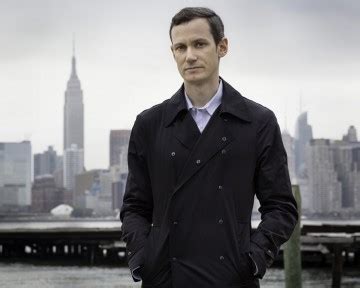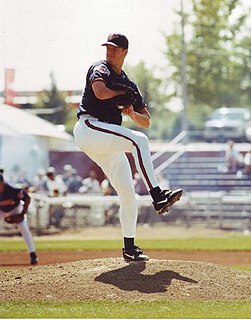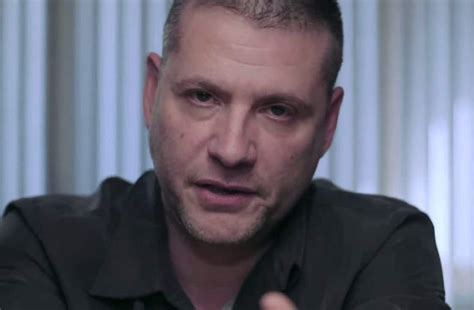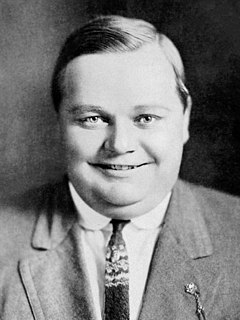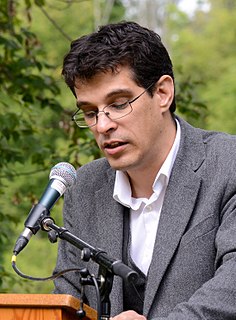A Quote by Craig Mazin
I was 15 when Chernobyl happened, I've been vaguely thinking about it for most of my life. But somewhere around 2015, it occurred to me that I didn't know how it happened, which seemed like a pretty bizarre lapse in my understanding of the world and how it functions.
Related Quotes
I was in Korea. I've noticed all my life I see elderly people who have been close to death in an illness and they're absolutely cured and they say, now I know how to live my life. I've seen death. That happened to me when I was 19. It was a terrible, terrifying thing. And I live my life like those people decided to do when they were old. So, since I was 19, I've had the most fun possible every single day, even when I had a rough life. It was the army which taught me about life, and the theater which taught me how good it could be.
The Work reveals that what you think shouldn't have happened should have happened. It should happened because it did, and no thinking in the world can change it. This doesn't mean that you condone it or approve of it. It just means that you can see things without resistance and without the confusion of your inner struggle. No one wants their children to get sick, no one wants to be in a car accident; but when these things happen, how can it be helpful to mentally argue with them? We know better than to do that, yet we do it, because we don't know how to stop.
I happened to write a book about the stuff I've been involved in over the years. It just so happened that my profession is that I was a cop in the New York City Police Department. I guess people thought it was pretty interesting to have these two things meshed together. My life is pretty boring, I don't know why they're doing this. It's fun.
I have had a very charmed life. I look at what's happened in my life, and I feel so lucky. I don't know how it occurred. I didn't plan it, but I got to be with my family when I needed to be with my family. I got to go and travel the world, doing these amazing projects, and I feel like I'm so privileged and grateful.
My faith in God is everything at this point. Also, my family and friends that I've had around me pretty much my whole life and my boyfriend, we've been together for eight years. I try to keep people around me who've been around me, who've seen me struggle. They know how dedicated I am and how hard I've worked. They know me - not the Jennifer from American Idol and Dreamgirls, but the real Jennifer.
Most of our difficulties, our hopes, and our worries are empty fantasies. Nothing has ever existed except this moment. That's all there is. That's all we are. Yet most human beings spend 50 to 90 percent or more of their time in their imagination, living in fantasy. We think about what has happened to us, what might have happened, how we feel about it, how we should be different, how others should be different, how it's all a shame, and on and on; it's all fantasy, all imagination. Memory is imagination. Every memory that we stick to devastates our life.
Most argument, and in fact most conflict, has nothing to do with the present. It's always about the past or the future. People can't agree on the details of what has happened or is going to happen. But we rarely know what has happened, and we never know what is going to happen. What is really at dispute is how we will deal with not knowing.
...the air so still it aches like the place where the tooth was on the morning after you’ve been to the dentist or aches like your heart in the bosom when you stand on the street corner waiting for the light to change and happen to recollect how things once were and how they might have been yet if what happened had not happened.
Try to understand why it is happening, from where it is coming, where the roots are, how it happens, how it functions, how it overpowers you, how in anger you become mad. Anger has happened before, it is happening now, but now add a new element to it, the element of understanding -- and then the quality will change. Then, by and by, you will see that the more you understand anger, the less it happens. And when you understand it perfectly, it disappears. Understanding is like heat. When the heat comes to a particular point -- one hundred degrees -- the water disappears.




